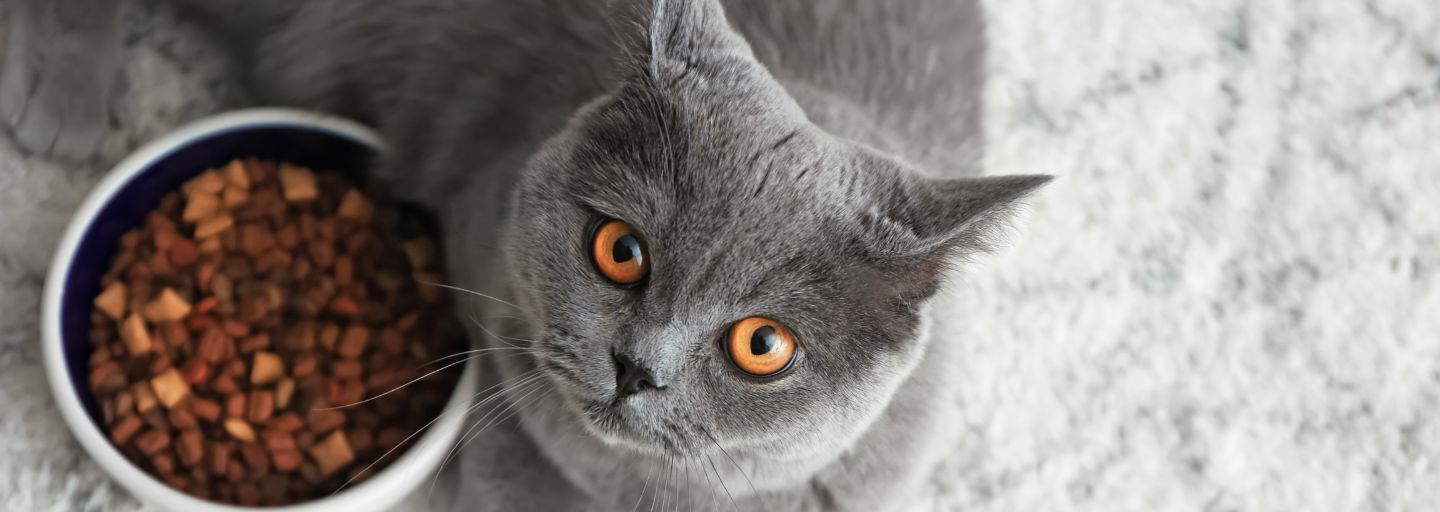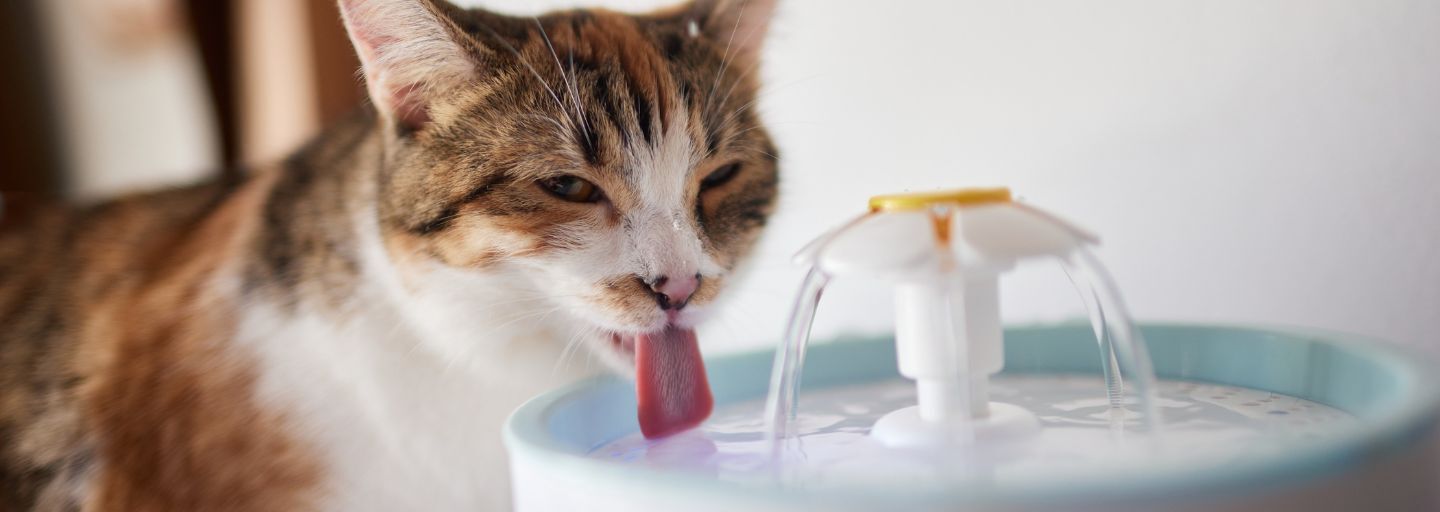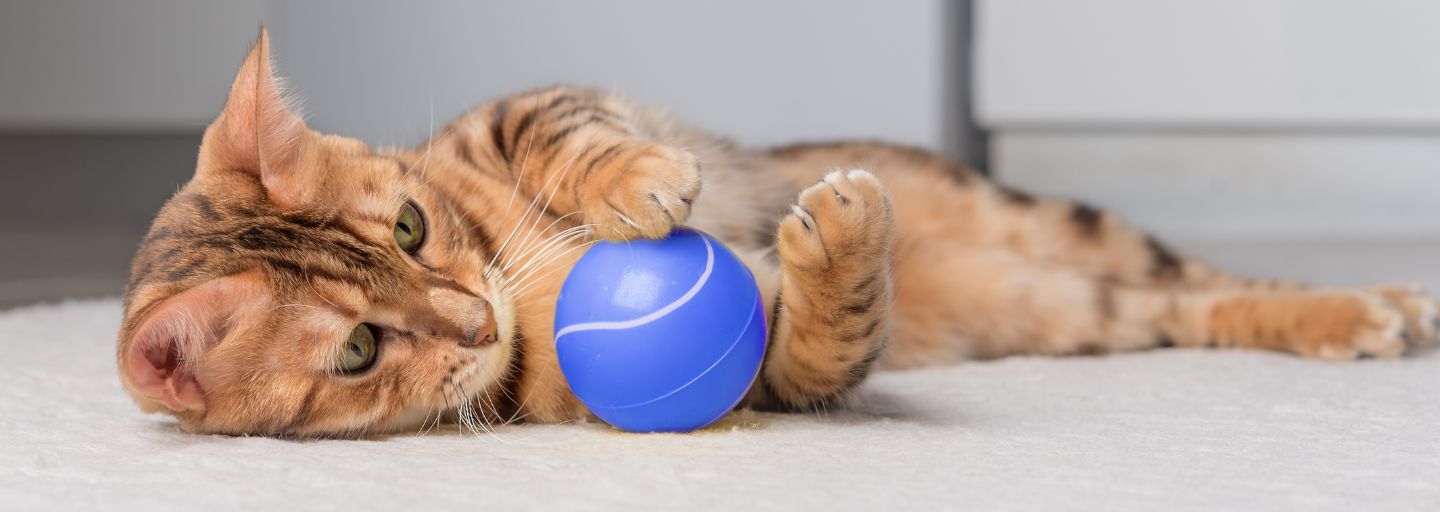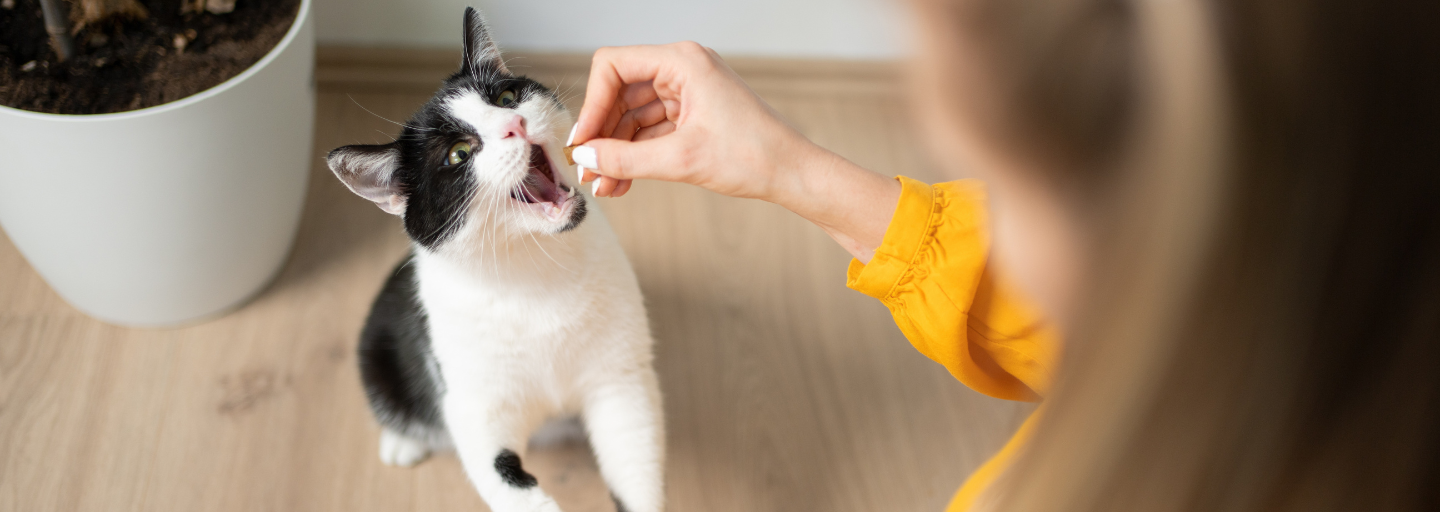As cat owners, we want to ensure that our feline companions receive the best nutrition possible. A balanced diet is essential for their overall health and well-being. But with so many options available, it can be overwhelming to determine what constitutes a balanced diet for cats. Let us help you explore some key considerations and tips to help you provide your cat with a nutritionally balanced diet.
- Understand Your Cat's Nutritional Needs: Cats are obligate carnivores, which means they require a diet primarily composed of animal-based protein. Unlike humans or dogs, cats have specific dietary requirements that must be met to maintain optimal health. Their diet should consist of high-quality protein, moderate fat, and minimal carbohydrates. Understanding these nutritional needs is the first step in providing a balanced diet for your cat.
- Choose High-Quality Cat Food: Selecting a high-quality cat food is crucial for meeting your cat's nutritional requirements. Look for cat foods that are labelled as "complete and balanced" or have undergone feeding trials to ensure they meet the standards set by regulatory bodies. Read the ingredient list and opt for products that list a high-quality source of animal protein, such as chicken or fish, as the main ingredient. Avoid foods that contain excessive fillers, artificial additives, or by-products.
At Purina, pet nutrition is at the heart of what we do. Here are some of our Cat food brands you can consider:
- FANCY FEAST offers a wide variety of gourmet cat food options made from high-quality ingredients.
- FELIX cat food is a trusted brand that offers a wide range of nutritious meals that are adored by cats.
- FRISKIES offers a flavourful range of dry cat food choices
- PURINA ONE cat food range supports overall feline health and wellbeing with balanced nutrition.
- PRO PLAN offers a premium range of scientifically formulated food for cats and veterinary diets.
- Wet or Dry Food: Both wet and dry cat food options can be part of a balanced diet, but there are some considerations to keep in mind. Wet cat food has a higher moisture content, which can help promote hydration and urinary tract health. It is also typically more palatable for cats. Dry cat food, on the other hand, can be more convenient and may help maintain dental health. Some cat owners choose to feed a combination of wet and dry food to provide variety and meet their cat's preferences.
- Portion Control: Maintaining proper portion control is essential to prevent overfeeding or underfeeding. Follow the feeding guidelines provided on the cat food packaging as a starting point, but keep in mind that individual cats may have different needs based on factors such as age, activity level, and metabolism. Monitor your cat's body condition and adjust the portion sizes accordingly. It's important to avoid overfeeding, as obesity can lead to various health issues.
- Avoid Feeding Human Foods: While it may be tempting to share our meals with our cats, it's important to avoid feeding them human foods. Many human foods, such as onions, garlic, chocolate, and caffeine, can be toxic to cats. Additionally, some foods may not provide the necessary nutrients for a balanced diet. Stick to cat-specific foods that are formulated to meet their nutritional needs.
- Treats in Moderation: Treats can be a part of your cat's diet, but they should be given in moderation. Treats should not exceed 10% of your cat's daily caloric intake. Opt for high-quality cat treats that are specifically formulated for cats and avoid giving them excessive amounts of treats, as it can lead to nutritional imbalances.
- Regular Veterinary Check-ups: Regular veterinary check-ups are essential for monitoring your cat's overall health and ensuring they are receiving a balanced diet. Your veterinarian can assess your cat's body condition, provide guidance on nutrition, and address any specific dietary concerns or recommendations based on your cat's individual needs.
Providing your cat with a balanced diet involves understanding their nutritional needs, choosing high-quality cat food, practicing portion control, and avoiding feeding them inappropriate human foods. Remember to consult with your veterinarian for personalised advice and recommendations based on your cat's specific needs. By prioritising their nutrition, you can help ensure that your feline companion enjoys a healthy and happy life.






